Affordable & Safe: Tips for Finding the Best Dentist in Mexico

Dental tourism in Mexico is booming, and for good reason! Many patients from the US, Canada, and beyond are discovering that they can receive high-quality dental care at a fraction of the cost they would pay at home. However, the key to a successful dental trip is finding a good dentist in Mexico. This guide will walk you through everything you need to know, from verifying credentials to understanding costs and ensuring a smooth experience. We'll answer the most pressing questions people have when considering dental work in Mexico.
The prospect of affordable dental care is enticing, but it's natural to have questions and concerns. This blog aims to address those by providing clear, actionable advice. We want you to feel confident and informed as you explore your options for finding a reputable dentist in Mexico who can meet your specific needs and help you achieve a healthy, beautiful smile.
What are the first steps to finding a dentist in Mexico?
"The first steps to finding a dentist in Mexico involve online research, checking reviews, and verifying credentials to create a shortlist of potential clinics."
Start by identifying your dental needs. Are you looking for a routine check-up, cosmetic dentistry, implants, or a more complex procedure? Knowing this will help you narrow your search. Begin your online research by looking for dental clinics in popular dental tourism destinations in Mexico like Tijuana, Los Algodones, Cancun, or Mexico City. Use search engines, dental tourism portals, and online forums to gather names of clinics and dentists.
Pay close attention to patient reviews and testimonials on independent platforms. While clinic websites can be informative, third-party reviews often provide a more unbiased perspective. Look for consistent positive feedback regarding the quality of care, communication, cleanliness, and overall patient experience.
How do I verify a Mexican dentist's qualifications and credentials?
"To verify a Mexican dentist's qualifications, ask for their license number (cédula profesional), check their specialization, look for memberships in dental associations (like the Mexican Dental Association or international bodies), and inquire about their continuing education."
Once you have a shortlist, it's crucial to verify the dentists' credentials. In Mexico, dentists must have a "cédula profesional," which is a professional license. You can sometimes verify this online through Mexican government portals or ask the clinic directly for this information. Inquire about their dental school, where they trained, and if they have any specializations relevant to your needs (e.g., endodontics, orthodontics, implantology).
Many reputable dentists in Mexico have received training in the US or Europe and are members of international dental organizations, such as the American Dental Association (ADA) or equivalent international bodies. Membership in these organizations often indicates a commitment to high standards of care and ongoing professional development. Don't hesitate to ask for proof of these qualifications.
What questions should I ask a potential dentist in Mexico?
"Key questions to ask a potential dentist in Mexico include inquiries about their experience with your specific procedure, the materials they use, treatment plan details, costs, warranties, infection control protocols, and their English proficiency if you don't speak Spanish."
Before committing to any treatment, prepare a list of questions. This will help you assess their suitability and build trust.
- Experience: How many years have you been practicing? How often do you perform the specific procedure I need? Can you show me before-and-after photos of previous patients?
- Treatment Plan: Can you provide a detailed written treatment plan, including all procedures, timelines, and itemized costs? What are the potential risks or complications? What alternatives are available?
- Materials and Technology: What brands and types of materials do you use for crowns, implants, veneers, etc.? Is your equipment modern and up-to-date?
- Costs and Payment: What is the total cost? Are there any hidden fees? What payment methods do you accept? Do you offer financing plans or accept US dental insurance (for reimbursement purposes)?
- Warranties/Guarantees: Do you offer any warranties or guarantees on your dental work? What is the policy if a treatment fails or needs adjustment?
- Infection Control: What are your sterilization and infection control protocols? Do you follow international standards?
- Communication: How well do you and your staff speak English (or your preferred language)? Will there be a translator available if needed?
- Aftercare: What kind_of aftercare support do you provide? Who can I contact if I have issues after returning home?
How much does dental work cost in Mexico compared to the US or Canada?
"Dental work in Mexico typically costs 50-70% less than in the US or Canada, with significant savings on procedures like implants, crowns, veneers, and full mouth restorations."
The cost of dental work in Mexico is a primary draw for many international patients. The savings can be substantial, often ranging from 50% to 70% or even more compared to prices in the United States and Canada. For example:
- Dental Implants: Can cost $700 - $1,500 in Mexico versus $3,000 - $5,000 in the US per implant.
- Crowns: Around $250 - $600 in Mexico compared to $1,000 - $2,500 in the US.
- Veneers: Approximately $300 - $550 per tooth in Mexico versus $900 - $2,500 in the US.
- Root Canals: Often $200 - $500 in Mexico, while they can be $700 - $2,000 in the US.
- All-on-4 Implants: May range from $7,000 - $12,000 per arch in Mexico, compared to $20,000 - $30,000 in the US.
It's important to get a detailed quote upfront that includes all aspects of the treatment to avoid surprises. While cost is a major factor, it shouldn't be the only factor in your decision.
Are dentists in Mexico as good as dentists in the US or Canada?
"Yes, many dentists in Mexico are highly skilled, well-educated, and often have international training, making them comparable to dentists in the US or Canada, especially those in reputable clinics catering to dental tourists."
This is a common concern, but the quality of dental care in Mexico can be excellent. Many Mexican dentists attend reputable universities, pursue postgraduate training in specialized fields, and participate in continuing education courses, sometimes in the US or Europe. Clinics that cater to international patients often invest in modern technology and adhere to high standards of hygiene and care to compete globally.
However, like anywhere, the quality can vary. This is why thorough research, checking credentials, reading reviews, and asking detailed questions are so important. Focusing on well-established clinics with a strong track record and positive patient feedback will increase your chances of receiving care that is on par with, or even exceeds, what you might find at home.
Is it safe to travel to Mexico for dental work?
"Yes, it is generally safe to travel to Mexico for dental work, especially if you choose reputable clinics in well-known dental tourism destinations and take standard travel precautions."
Millions of tourists visit Mexico safely every year, including those seeking dental care. Border towns like Tijuana and Los Algodones, as well as tourist destinations like Cancun and Puerto Vallarta, have a well-established infrastructure for dental tourism. Reputable dental clinics often prioritize patient safety and comfort, sometimes offering services like transportation from the border or airport.
To ensure your safety, research the specific area you plan to visit, be aware of your surroundings, avoid risky areas, especially at night, and follow general travel safety advice. Stick to well-lit, populated areas and consider using clinic-recommended transportation. Many patients report feeling very safe and well-cared for during their dental trips.
What are the most popular dental procedures in Mexico for tourists?
"The most popular dental procedures in Mexico for tourists include dental implants, crowns, veneers, root canals, All-on-4/All-on-6 systems, bridges, and cosmetic dentistry like teeth whitening."
Due to significant cost savings and quality care, several procedures are particularly popular among dental tourists in Mexico:
- Dental Implants: A long-term solution for missing teeth.
- Crowns and Bridges: To restore damaged teeth or replace missing ones.
- Veneers: For cosmetic enhancement of teeth.
- Full Mouth Restoration/Reconstruction: Comprehensive treatment to rebuild or replace all teeth.
- All-on-4 or All-on-6 Dental Implants: Full arch replacement using a minimal number of implants.
- Root Canal Therapy: To save an infected tooth.
- Cosmetic Dentistry: Including teeth whitening, smile makeovers, and gum contouring.
- Dentures: Both full and partial.
These procedures often involve higher costs in countries like the US and Canada, making the savings in Mexico particularly attractive.
How do I find English-speaking dentists in Mexico?
"Many dentists in Mexican tourist areas and clinics catering to international patients speak fluent English, and this can usually be verified on their website, through reviews, or by calling the clinic directly."
Communication is key for successful dental treatment. Fortunately, a large number of dentists in Mexico, especially in border towns and popular tourist destinations, are fluent in English. Many dental clinic websites will specify if their staff and dentists speak English.
When you make initial contact with a clinic, confirm their English proficiency. You can also look for this information in patient reviews. If a specific dentist you are interested in isn't fluent, reputable clinics often have English-speaking coordinators or staff members who can assist with translation and ensure clear communication throughout your treatment.
What are some red flags to watch out for when choosing a dentist in Mexico?
"Red flags when choosing a dentist in Mexico include a lack of verifiable credentials, overwhelmingly negative reviews, unusually low prices compared to other reputable clinics, high-pressure sales tactics, and poor communication or hygiene."
While there are many excellent dentists in Mexico, it's wise to be aware of potential red flags:
- Lack of Verifiable Credentials: If a clinic is hesitant to provide information about their dentists' licenses, education, or specializations.
- Poor Communication: Difficulty getting clear answers to your questions, or if staff seem unprofessional or dismissive.
- Bad Reviews: A pattern of negative reviews online, especially those detailing poor quality work, hidden fees, or hygiene issues.
- Unrealistic Promises or High-Pressure Sales: Be wary of dentists who guarantee perfect results or pressure you into immediate, extensive treatments.
- Extremely Low Prices: While Mexico offers affordable dental care, prices that are drastically lower than other reputable clinics in the area could indicate compromises in materials, technology, or hygiene.
- Outdated Facilities or Poor Hygiene: If the clinic looks unclean or uses old equipment. Virtual tours or recent photos can be helpful here.
- No Written Treatment Plan or Quote: A refusal to provide a detailed, itemized treatment plan and cost estimate in writing.
Can I use my US or Canadian dental insurance in Mexico?
"While most Mexican dental clinics require upfront payment, many will provide you with the necessary documentation (itemized receipts, treatment codes) to file a claim for reimbursement with your US or Canadian dental insurance company if your plan covers out-of-network providers."
Direct billing to foreign insurance companies is rare in Mexico. You will typically need to pay for your dental treatment in Mexico out-of-pocket at the time of service. However, many PPO plans in the US and some Canadian insurance plans offer out-of-network coverage, which may include dental work performed internationally.
Before you go, contact your insurance provider to understand your coverage for dental work done in Mexico. Ask what documentation they require for reimbursement (e.g., detailed receipts, dentist's credentials, treatment codes). Reputable Mexican dental clinics that cater to international patients are usually familiar with these requirements and can provide you with the necessary paperwork.
What payment methods are typically accepted by dentists in Mexico?
"Dentists in Mexico commonly accept cash (USD or Mexican Pesos), credit cards (Visa, MasterCard), and sometimes bank transfers or PayPal. It's best to confirm accepted payment methods with the clinic beforehand."
Most dental clinics in Mexico, especially those serving international patients, accept various payment methods. Cash (US dollars are widely accepted in border towns and tourist areas, though paying in Pesos might sometimes be an option) and major credit cards (Visa, MasterCard) are common. Some clinics may also accept bank transfers, cashier's checks, or online payment platforms like PayPal.
It's essential to clarify payment options and any potential transaction fees with the clinic before your appointment. Also, inform your bank and credit card company about your travel plans to avoid any issues with using your cards abroad.
How important are online reviews and testimonials?
"Online reviews and testimonials are very important for gauging patient experiences with Mexican dentists, but look for patterns across multiple reputable platforms rather than relying on a single source."
Online reviews and testimonials can be an invaluable resource when researching dentists in Mexico. They offer insights into other patients' experiences regarding the quality of care, the dentist's skill, clinic cleanliness, staff friendliness, and overall satisfaction. Look for reviews on independent third-party websites like Google Reviews, Yelp, WhatClinic, or specialized dental tourism forums.
Be discerning when reading reviews. Look for detailed, balanced feedback. A few negative reviews among many positive ones might not be a deal-breaker, but consistent complaints about the same issues should be a concern. Also, be aware that some clinics might incentivize positive reviews, so consider the overall pattern and credibility of the sources.
What are popular cities in Mexico for dental tourism?
"Popular cities in Mexico for dental tourism include Los Algodones (often called 'Molar City'), Tijuana, Cancun, Puerto Vallarta, Mexicali, Nogales, and Mexico City, each offering various advantages in terms of accessibility, cost, and tourist amenities."
Several Mexican cities have become hubs for dental tourism due to their proximity to the US border, international airports, and the concentration of dental clinics catering to foreign patients.
- Los Algodones: Located just across the border from Yuma, Arizona, it's known as "Molar City" due to its hundreds of dental clinics. It's very popular for its convenience and competitive prices.
- Tijuana: Situated near San Diego, California, Tijuana offers a wide range of dental services, from basic care to complex surgeries, often in modern facilities.
- Cancun & Riviera Maya: Combining dental treatment with a beach vacation is a major draw. Clinics here often cater to a high-end tourist market.
- Puerto Vallarta: Another popular vacation spot with a growing number of quality dental clinics.
- Mexicali: Near Calexico, California, offering another convenient border option.
- Nogales: Bordering Arizona, it's a common choice for residents of the southwestern US.
- Mexico City: As the capital, it has many highly qualified specialists and modern hospitals, though it's not a border town.
Your choice of city may depend on factors like ease of travel, the type of dental work you need, and whether you want to combine your treatment with a vacation.
What about follow-up care or complications after returning home?
"Discuss follow-up care and potential complication management with your Mexican dentist before treatment. Reputable clinics often provide clear instructions, may coordinate with a local dentist if needed, or offer warranties for their work."
This is an important consideration. Before undergoing any significant dental work, discuss the protocol for follow-up care and how potential complications would be handled once you return home. Some Mexican dental clinics offer guarantees or warranties on their work and will advise you on what to do if you experience problems.
For minor issues, your Mexican dentist might be able to provide advice remotely. For more significant complications, you might need to see a local dentist. It's a good idea to have a dentist at home whom you can consult if necessary. Some Mexican clinics may even have partnerships or informal arrangements with dentists in the US or Canada for follow-up care, or they may require you to return to their clinic for certain warranty-covered fixes.
Should I use a dental tourism agency?
"Using a dental tourism agency can simplify finding a dentist in Mexico by vetting clinics and arranging logistics, but it may add to the cost. Alternatively, diligent independent research can also lead to excellent dentists."
Dental tourism agencies or facilitators can help connect you with dentists in Mexico. They often have pre-screened lists of clinics, can help schedule appointments, arrange accommodation, and even transportation. This can be convenient, especially if you're unfamiliar with the process or the destination.
However, these services usually come with a fee, which might be built into your treatment cost or charged separately. If you choose to use an agency, research them thoroughly just as you would a dental clinic. Alternatively, many patients successfully find and book reputable dentists independently through direct research, which can sometimes be more cost-effective.
Ready to explore your options for high-quality, affordable dental care in Mexico? PlacidWay can help you connect with trusted and experienced dentists. Explore our network of accredited clinics and get personalized quotes to start your journey towards a healthier smile today!


.png)





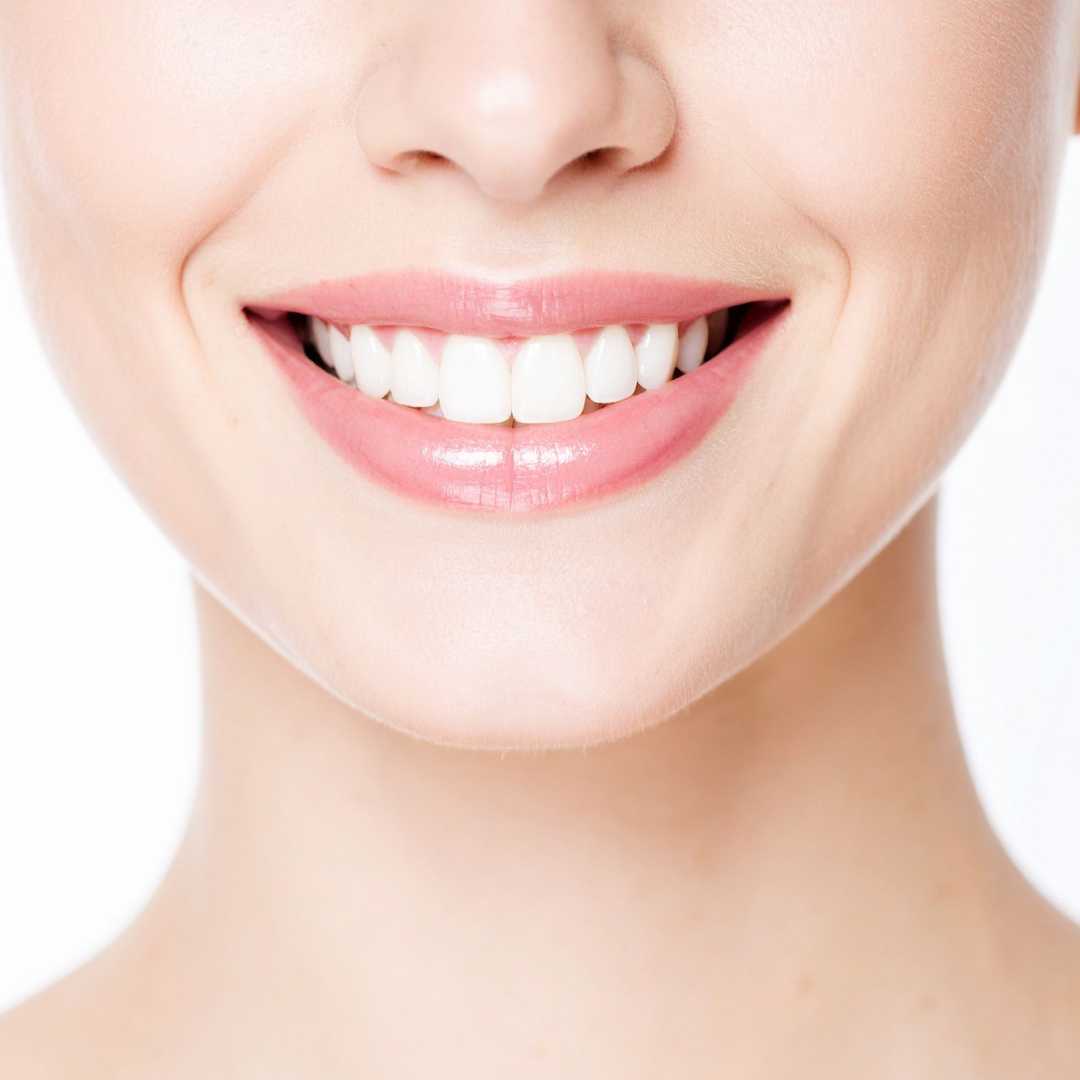


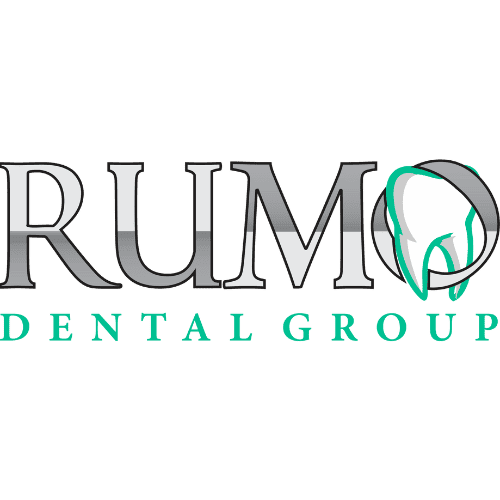
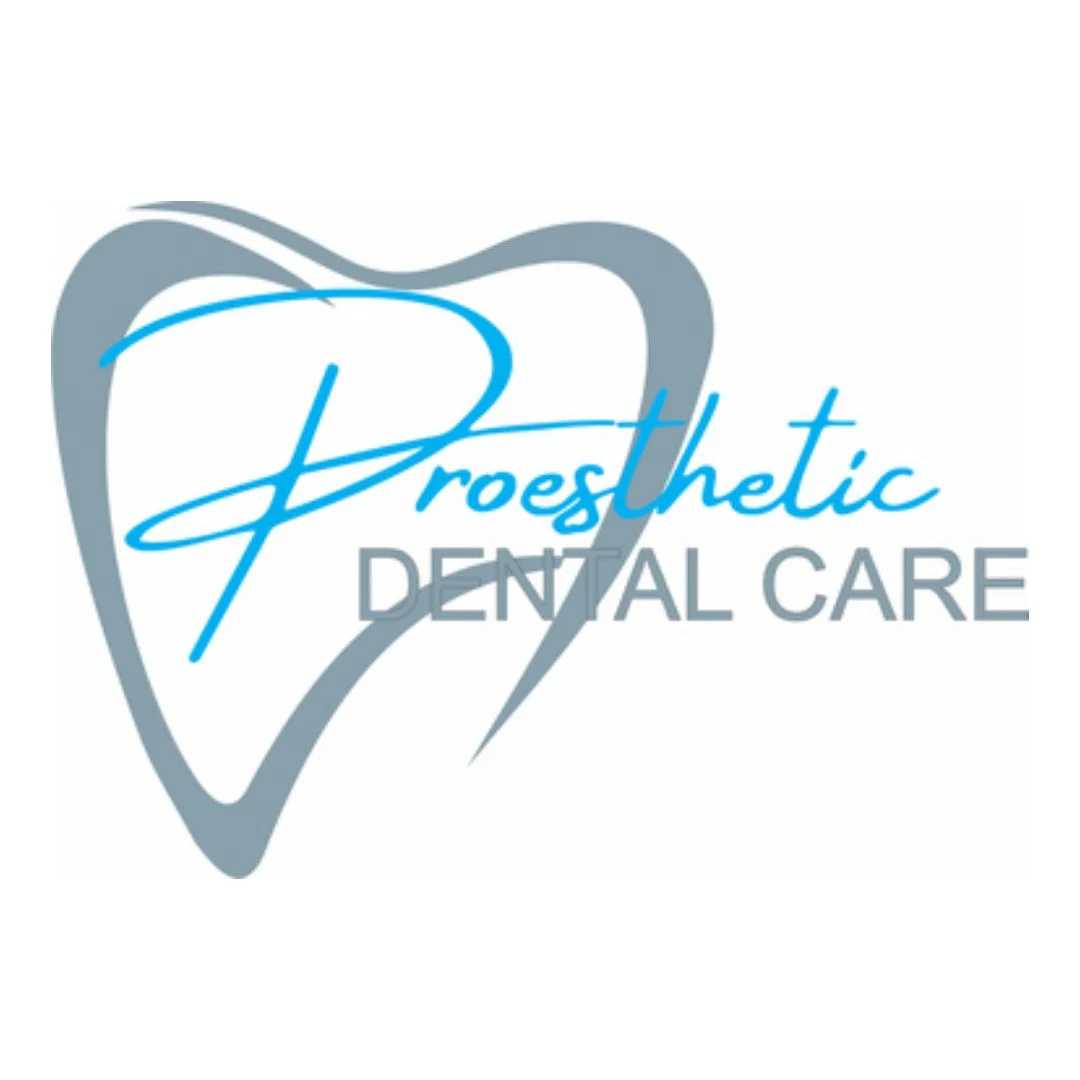

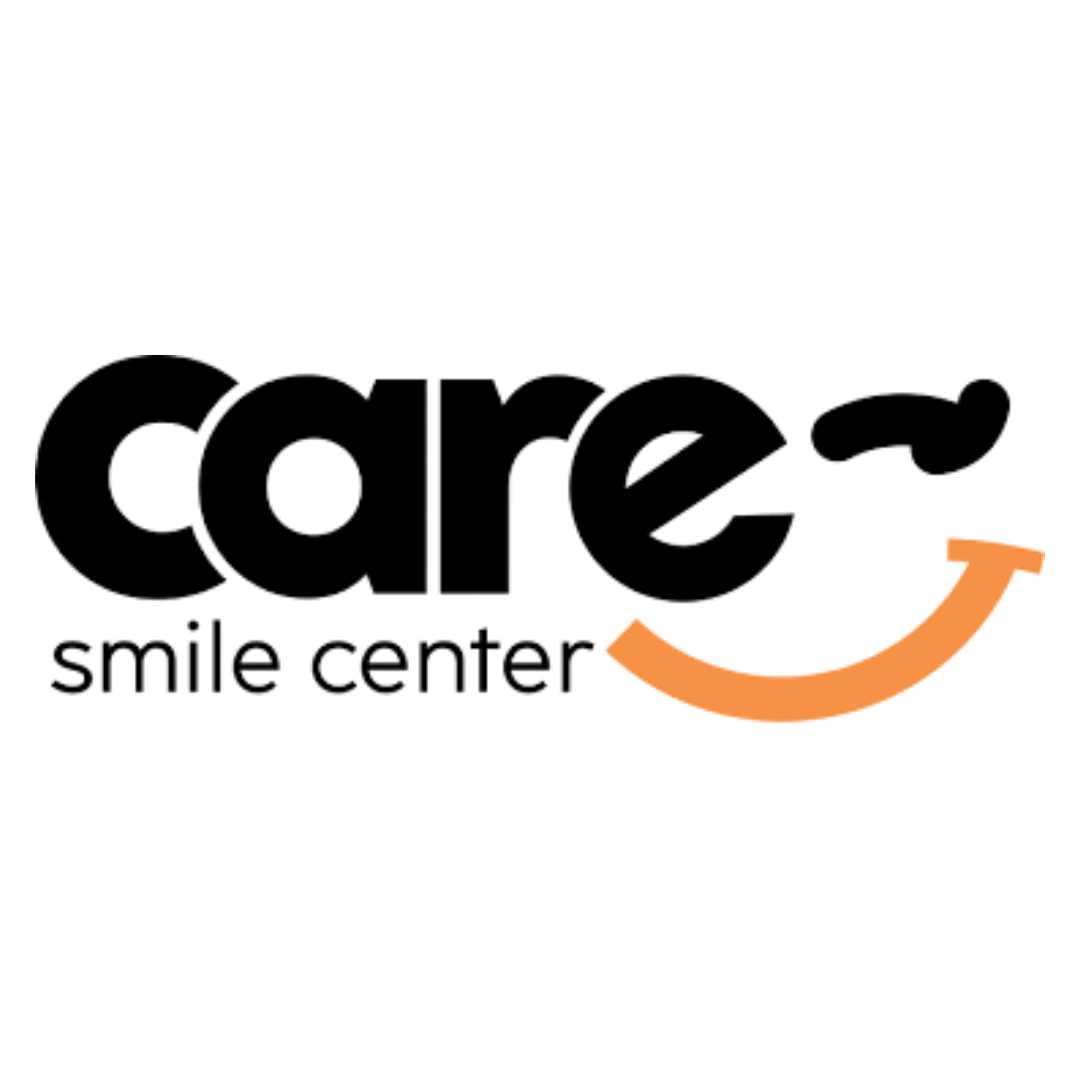
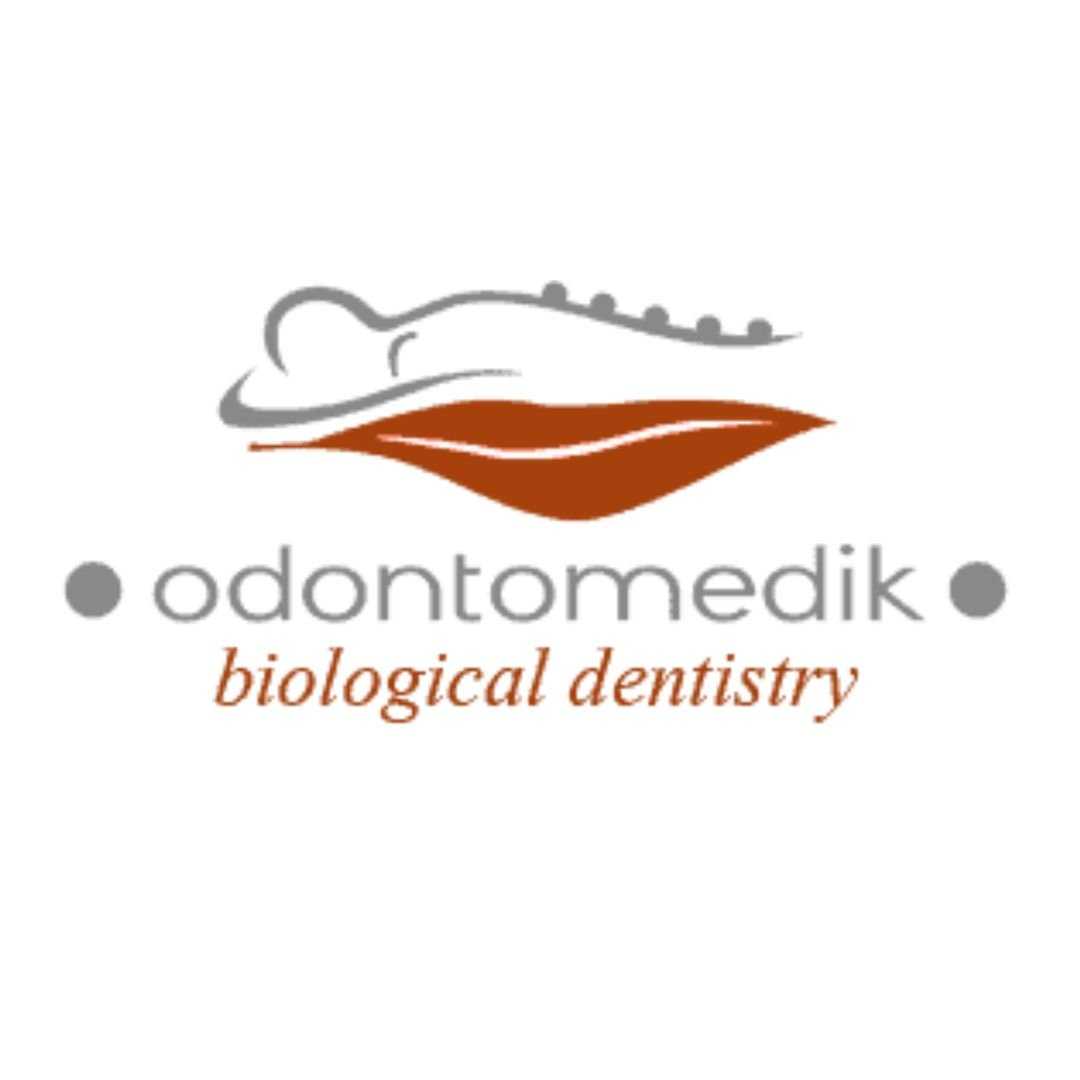

Share this listing